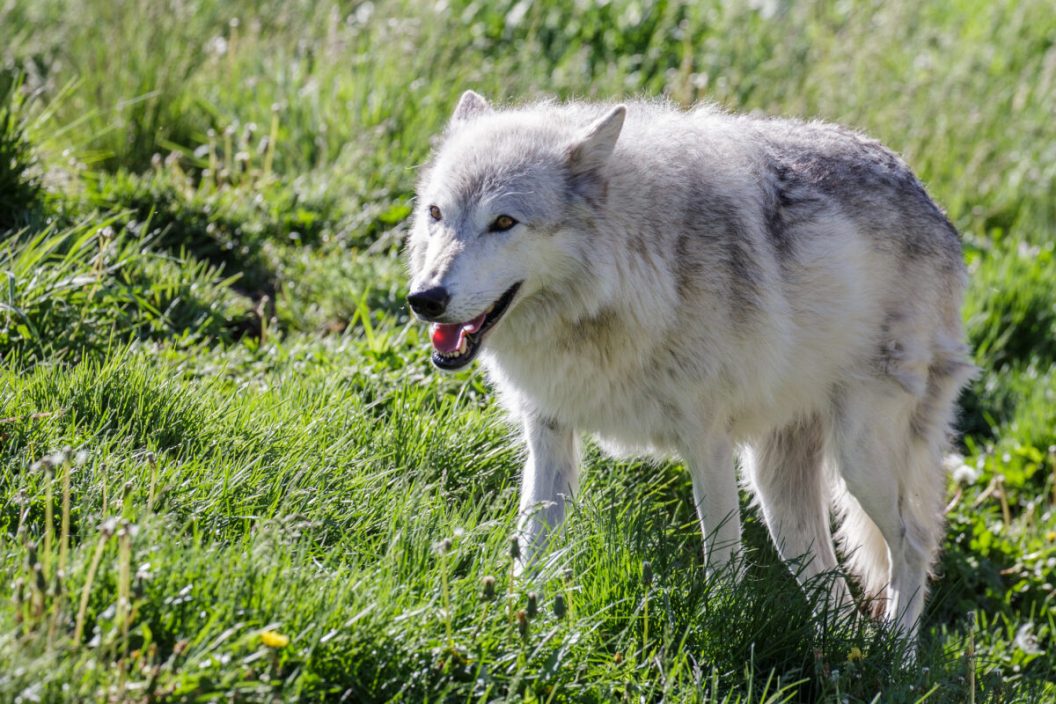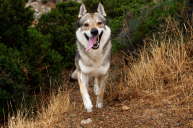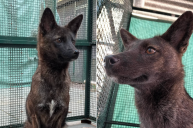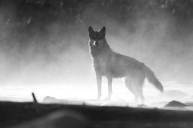It's hard to believe that our furry friends, who lead blissful domesticated lives, descended from wolves. You're telling me that my fluffy princess, who sleeps on a plush dog bed (who are we kidding...human bed) and enjoys specially prepared meals, has predatory ancestors? Yeah, right! It might not make sense, but science doesn't lie. In fact, researchers identified two different populations of wolves that our canine companions originated from.
The recent study published by Nature looked at 72 genomes of ancient wolves hailing from Europe, Siberia, and North America up to 100,000 years ago. The team then compared the information with early and modern domesticated dogs. They discovered that while dog ancestry can be traced to Asia, their research also indicates genetic contributions from a population of western grey wolves found in all modern dogs today. Overall, the study found that dogs have the strongest genetic connection to ancient Siberian wolves, but they are not direct ancestors.
"The largest amount of this second source of ancestry is found in an ancient dog that is 7,000 years old, from Israel," Dr. Anders Bergström, an author of the study, told The Guardian. For Middle Eastern and African breeds like the Basenji, this DNA is the most common.
The study is getting closer to figuring what domestication looked like for pooches. "We still can't tell whether there were two independent domestication events followed by merging of those two populations, or if there was just a single domestication process, followed by mixing from wild wolves," Bergström said. "The search continues to narrow down exactly where dogs come from." Going forward, they plan to test more genomes and work toward locating the exact geographical origin of our four-legged friends.
Next up for scientists: Why are dogs so cute? Seriously, someone should look into it!
What do you think of this new study? Tell us at our Wide Open Pets Facebook page!




